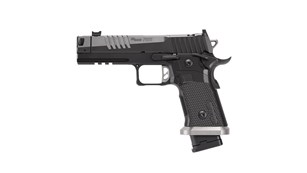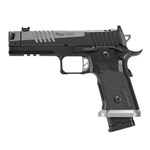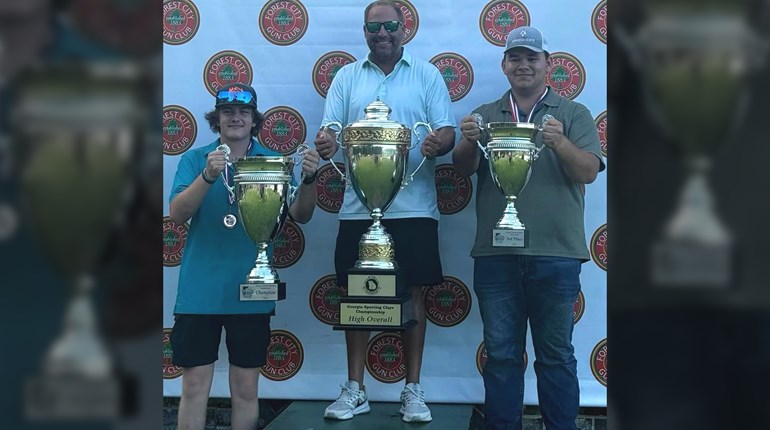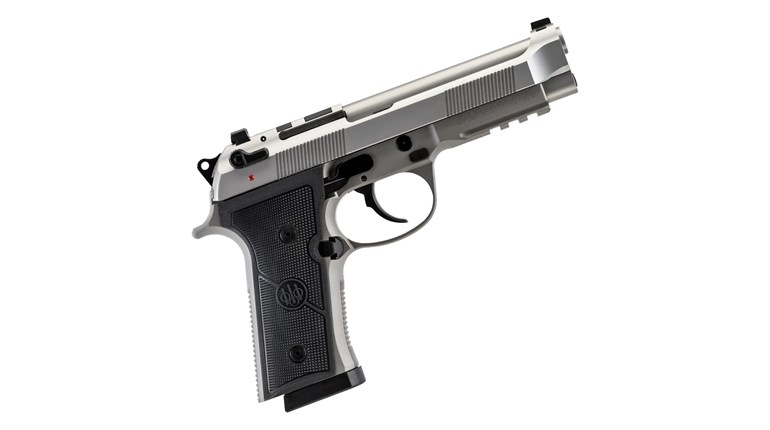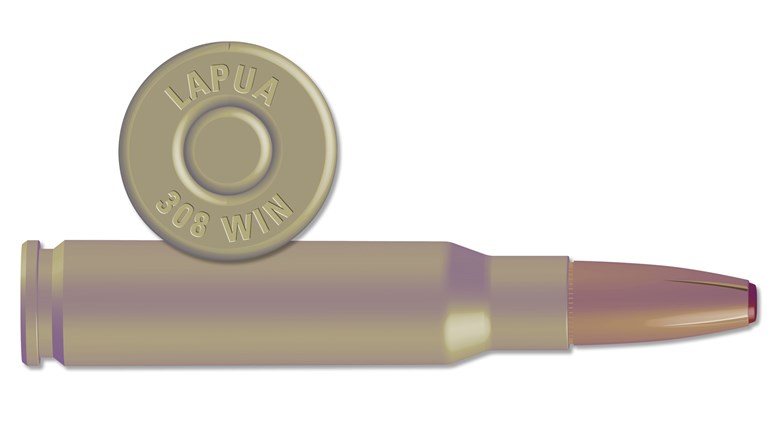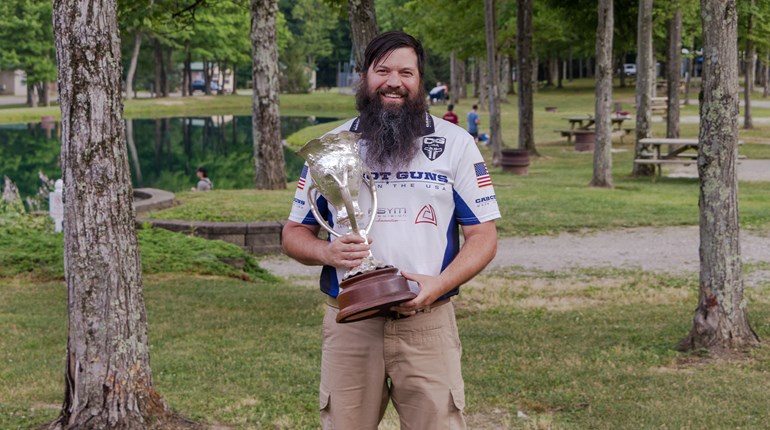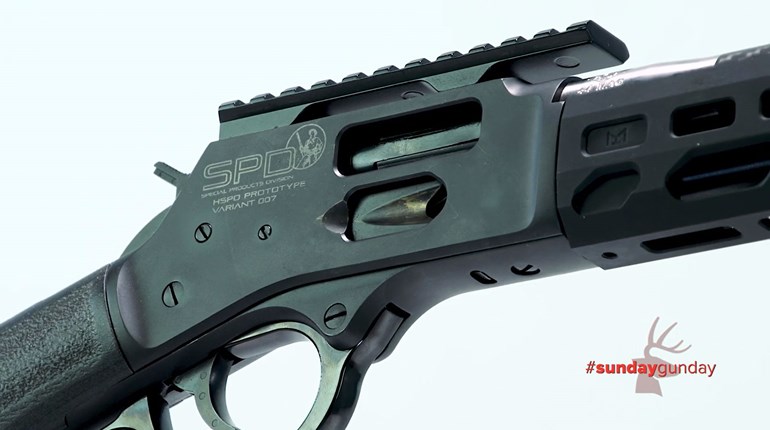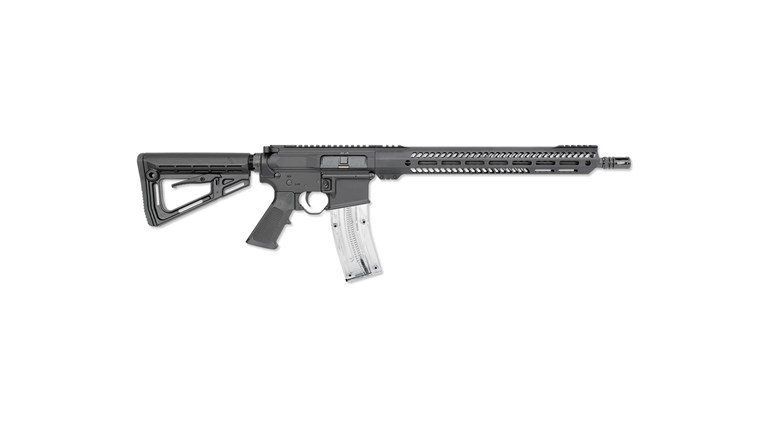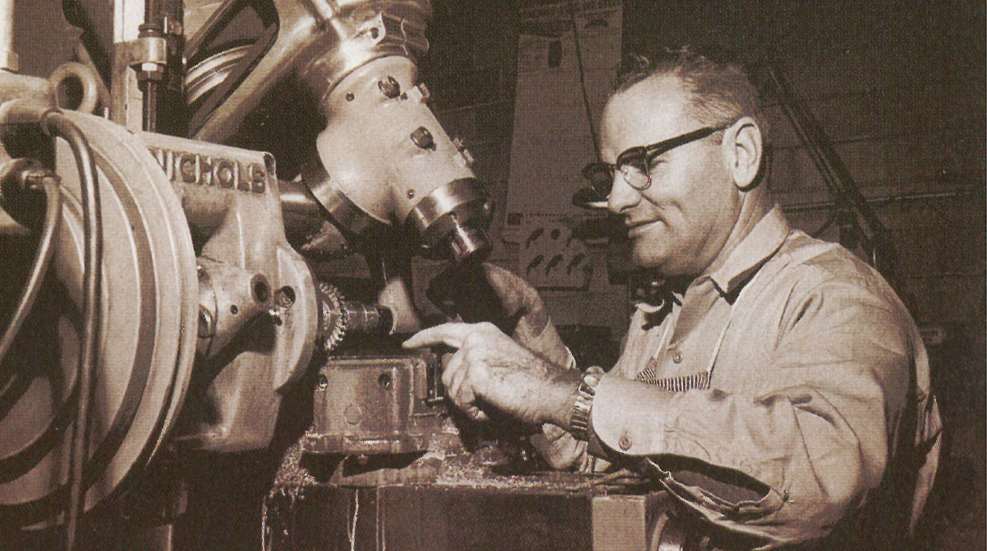
Probably three-quarters of gun owners are quite happy with their factory-production firearms, as is. For decades they'll use the same lever-action or side-by-side their father used, without modification, and the only time they'll see a gunsmith is when the thingamajig or whosiwhatsit on Ol' Betsy is broken.
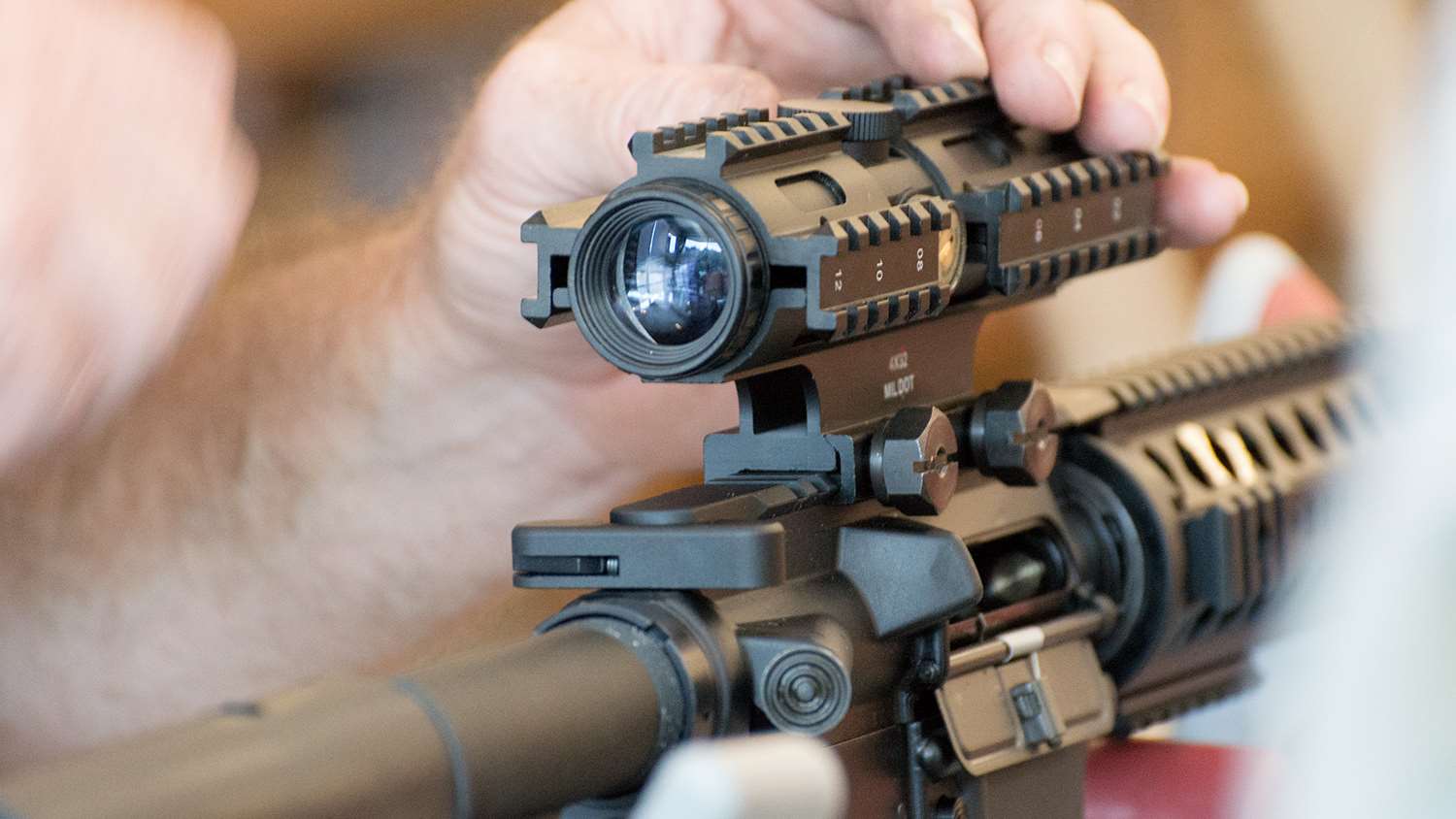
For the rest of the gun-owning population, a factory firearm is just the starting point, the raw material that can be transformed by a skilled 'smith into a one-of-a-kind creation having enhanced aesthetics, ergonomics and performance. Many SSUSA readers are members of this group, as competitive shooting places extraordinary demands on your firearms—demands that can be met by gunsmith modification and require the services of a gunsmith. But even when you recognize you need a gunsmith, you may have a hard time finding one with the requisite skills and experience.
Types of Gunsmiths
Gunsmithing can be defined as any process or activity involving the repair or restoration of a firearm, or the enhancement of its appearance or function. To make it simple, though, I'm going to arbitrarily divide all gunsmithing work into three types.
Basic Repair and Restoration—Most gunsmithing involves basic repair and restoration, which is performed by what I call the general gunsmith. This gunsmith is analogous to your typical neighborhood auto mechanic.
Generally, repair and restoration involves replacing or mending broken parts, polishing/sandblasting/bluing and other metal-surface treatments, and stock refinishing. In addition, these 'smiths can provide stock bedding, recoil pad installation, trigger jobs and other basic performance improvements, as well as auxiliary services such as scope mounting, safety evaluation, zeroing and so forth.
The skill of such gunsmiths can vary considerably. Some are simply parts changers, while others have the skill and experience to repair almost any kind of arm, to the extent of making springs, screws and other parts no longer available.
Cosmetic Enhancement—Another type of gunsmithing primarily involves aesthetic enhancement. This may take many forms: engraving the metal surfaces of a handgun or long gun; streamlining and sporterizing military bolt-action rifles; replacing the factory stock with a custom stock of wood, metal, composite or other material; and custom checkering or carving.
Many gunsmiths involved in cosmetic enhancement specialize in a single kind of work; relatively few are masters at both engraving and stockmaking, for example. In terms of our car-repair analogy, this kind of 'smith is like a custom auto-body shop that turns out vehicles with radically rearranged sheet metal.
Custom Modification—The third and perhaps most diverse area of gunsmithing belongs to the custom gunsmith—the person you call when you want a fail-safe match winner. You may want a super-accurate rifle for benchrest or high power; a tack-driving handgun for precision or action pistol; a smooth-swinging shotgun for sporting clays; a well-balanced precision smallbore rifle; or a cut-down, dehorned and accurized revolver or semi-auto for IDPA and concealed carry.
If the general gunsmith is akin to a neighborhood auto mechanic, then the custom gunsmith is like the specialty car builder whose shop turns out Indy cars or 400-horsepower four-cylinder street racers.
Specialization
As for the 'smiths involved in cosmetic enhancement, most custom gunsmiths tend to specialize. Thus, there are those who only build custom AR15s for high power rifle competition, custom bolt-actions for benchrest, or compensated race guns for IPSC and action pistol. The custom-gunsmith category also embraces those who don't necessarily build or modify entire guns, but specialize in just one kind of performance enhancement, such as fitting a shotgun stock to an individual shooter.
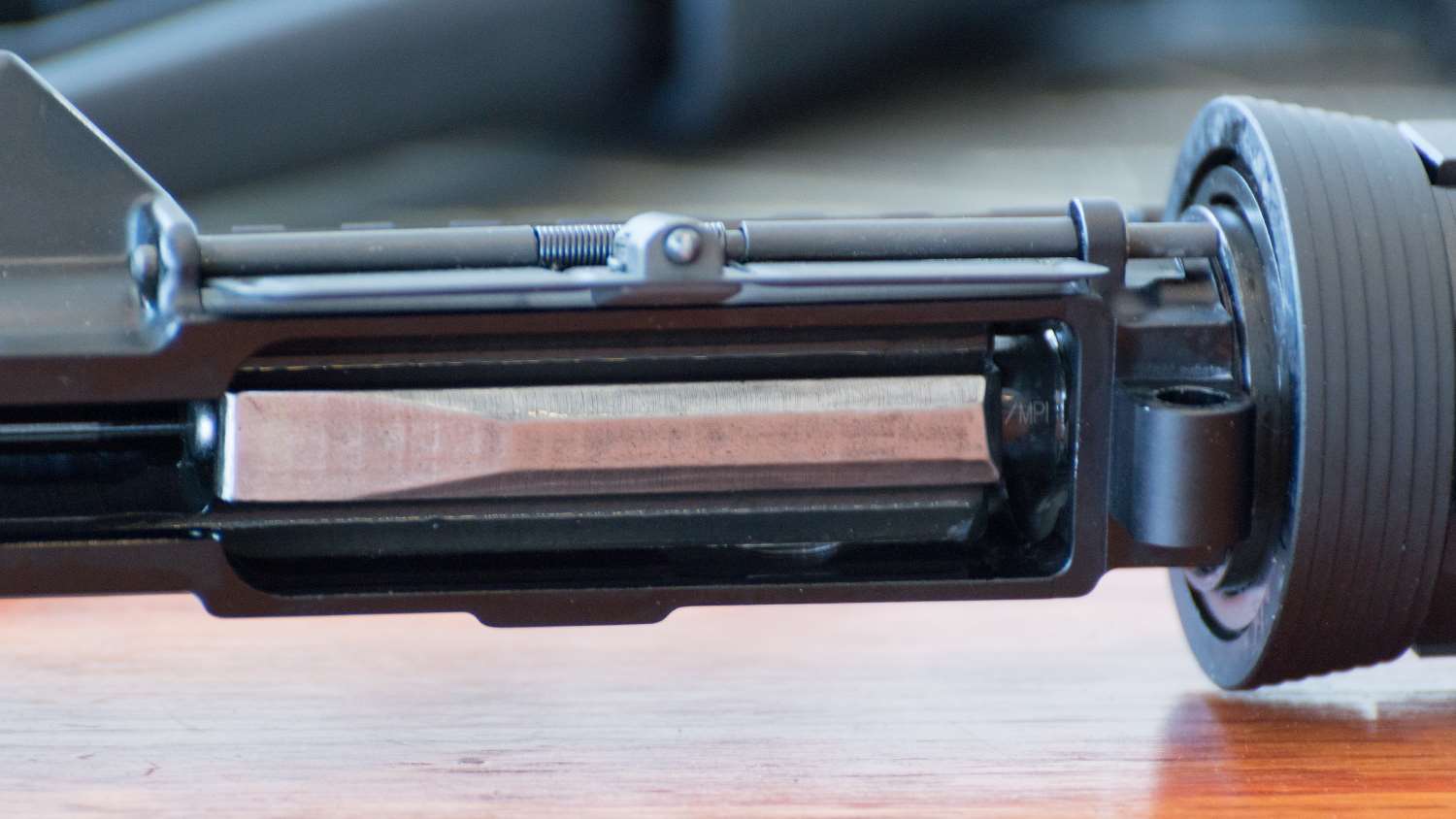
A substantial number of gunsmiths branch out into the manufacturing sphere, producing tools, parts or even complete actions and guns. In gunsmithing, as in life, people don't fall neatly into prearranged categories.
Gunsmith Training
So how does one become a gunsmith? There are several pathways to this goal. The simplest and most direct route is simply to attend a gunsmith training program, most commonly offered at a community or junior college, or vocation or trade school. These schools generally offer in-depth and comprehensive instruction in all phases of gun work, from basic repair and refinishing to more advanced topics such as welding, checkering and engraving, building match-grade 1911 pistols and custom competition rifles and much more. Typically these are diploma or associate degree programs that run up to two years in length, giving the aspiring student gunsmith a well-rounded background and hands-on experience in almost all phases of gun work.
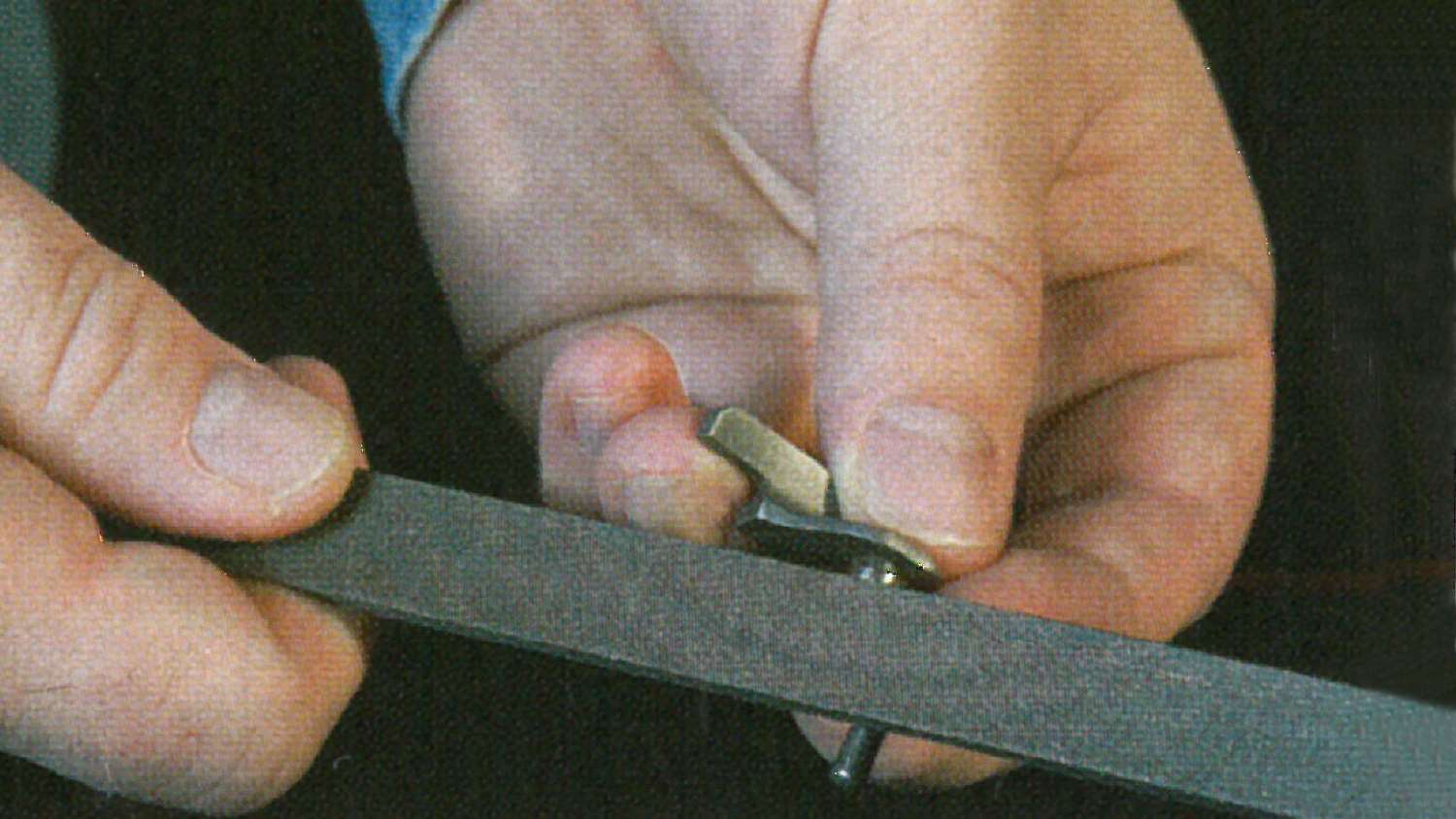
The third method by which one may become a gunsmith is, quite simply, self-teaching. Thanks to the many books available, as well as videos and magazine articles on various aspects of gunsmithing, an individual with good mechanical aptitude and sufficient drive and interest can educate himself or herself in almost any type of gun work.
Commonly, an individual will have experience in machine shop operations, metalworking or some other similar kind of work and will apply that skill to gunsmithing. Such self-taught gunsmiths are sometimes among the most creative and original. For instance, Austin Behlert, my mentor and namesake of the firm in which I apprenticed, was self-taught and was renowned for his innovations and inventions.
Of course, many gunsmiths follow more than one route to obtain proficiency. Those who complete a formal course of study often serve an apprenticeship in an established shop, much as physicians must complete a residency program after finishing medical school. And many who are largely self-taught may nontheless take specialized gunsmithing courses, such as those offered by the NRA Gunsmithing Schools program.
Choosing a Gunsmith
Choosing a good gunsmith is, in some ways, pretty much like finding a good plumber or carpenter. The method you use may vary, however, with the type of gunsmith for whom you're looking.
Finding a general gunsmith is probably the easiest task. Often your neighborhood gun shop will have a gunsmith on duty, or at the very least, be able to refer you to one. In most cases, I'd guess that any 'smith a gun shop would employ or refer you to would be reasonably competent, as unhappy customers are bad for business. The bulletin boars at gun shops and gun clubs often carry the business cards of local gunsmiths, which may also indicate their particular specialties.
Frequently, the patrons or staff at the guns shop, or the members of a gun club can give you the straight scoop on the quality and type of work done by anyone advertising services in this way. A gun club membership can be especially useful in finding a gunsmith, as any sizable group of gun enthusiasts will likely contain a number of folks who have had experiences with various 'smiths.
Be aware that any personal recommendation regarding a gunsmith—good or bad—should be taken with a grain of salt, especially if it comes from just a single individual. Not all shooters can differentiate between good and bad gun work. Even the best gunsmith has a few detractors, and the worst will have supporters. Look for 'smiths who get a thumbs-up from large numbers of shooters.
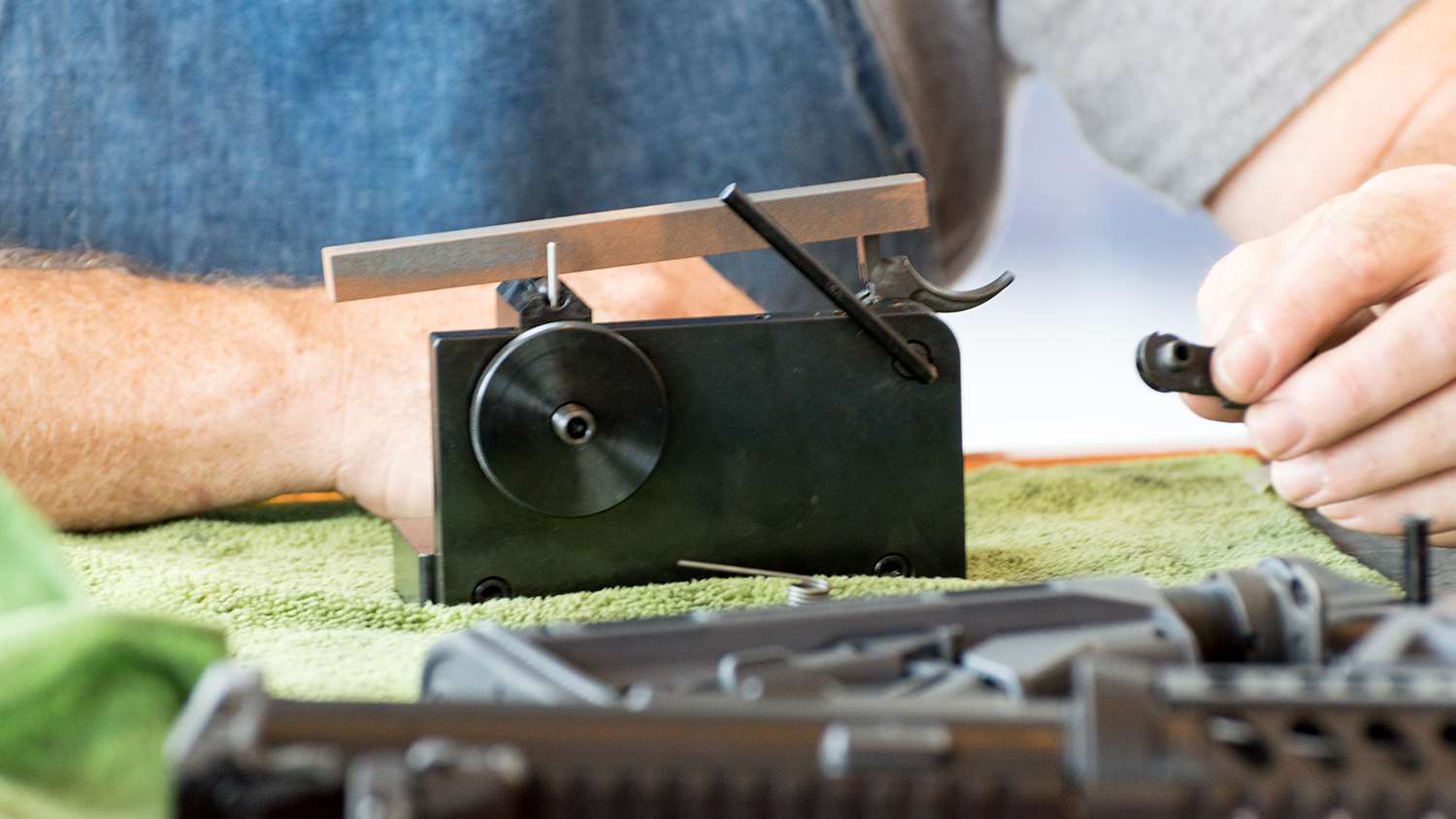
Googling can be a useful information-gathering tool. Searches using the appropriate key words can direct you to the websites of just about any kind of gunsmith. In turn, these sites will contain specifics and photographs of the gunsmith's work. Specialty websites for different types of guns and shooting are also a good source. Some forums may contain reviews and information regarding various gunsmiths. Beware, as folks on the web can be extremely vocal and opinionated, and it can be difficult to determine if an individual's comments are objective or biased.
Collector organizations, such as for Colt and Smith & Wesson handguns, L.C. Smith and Parker shotguns, Remington and Winchester long guns, are also a good resource for gunsmiths specializing in firearms. A quick search will turn up links to all of these organizations.
You can learn a lot by attending a match in your chosen discipline as well. Yes, it would be great to go to the National Matches and see what the champions are shooting this year, but even at a local or regional match, you'll see lots of different guns made by a variety of 'smiths. Many will be in attendance as shooters or exhibitors. Even the average shooter at these matches can be a source of information. Most will gladly answer your questions about their guns and their experience with their particular 'smith. Many will allow you to shoulder, dry-fire or even fire a few rounds during practice.
Another way of finding a specialty or custom 'smith is through one of several professional gunsmithing organizations, such as the American Custom Gunmakers Guild, American Pistolsmiths Guild or Firearms Engravers Guild of America, although, many excellent gunsmiths in various areas of specialization do not belong to such organizations.
The work of gunsmiths providing primarily cosmetic enhancement, such as metal engraving or fancy stock work, can often be seen at gun shows or in magazines dedicated to fine and collectible guns. Furthermore, the professional organizations listed above sponsor exhibitions of their members' handiwork. When considering cosmetic modifications, it's especially important to see as much of any candidate's work as possible.
Talking to a Gunsmith
Once you've narrowed the gunsmith search down to two or three names, the next step is to talk to each candidate, either on the phone or in person. Feel free to ask where they went to school or with whom they apprenticed, how long they have been in business, and how much work of the type you are seeking they have done. (You probably don't want to be a gunsmith's very first silhouette rifle job.)
If you're looking for a 'smith to build you a custom gun for competition, ask for the names of competitors who have used his or her guns successfully. Any reputable gunsmith, no matter their specialty, should be quite willing to provide you with the names of several recent customers.
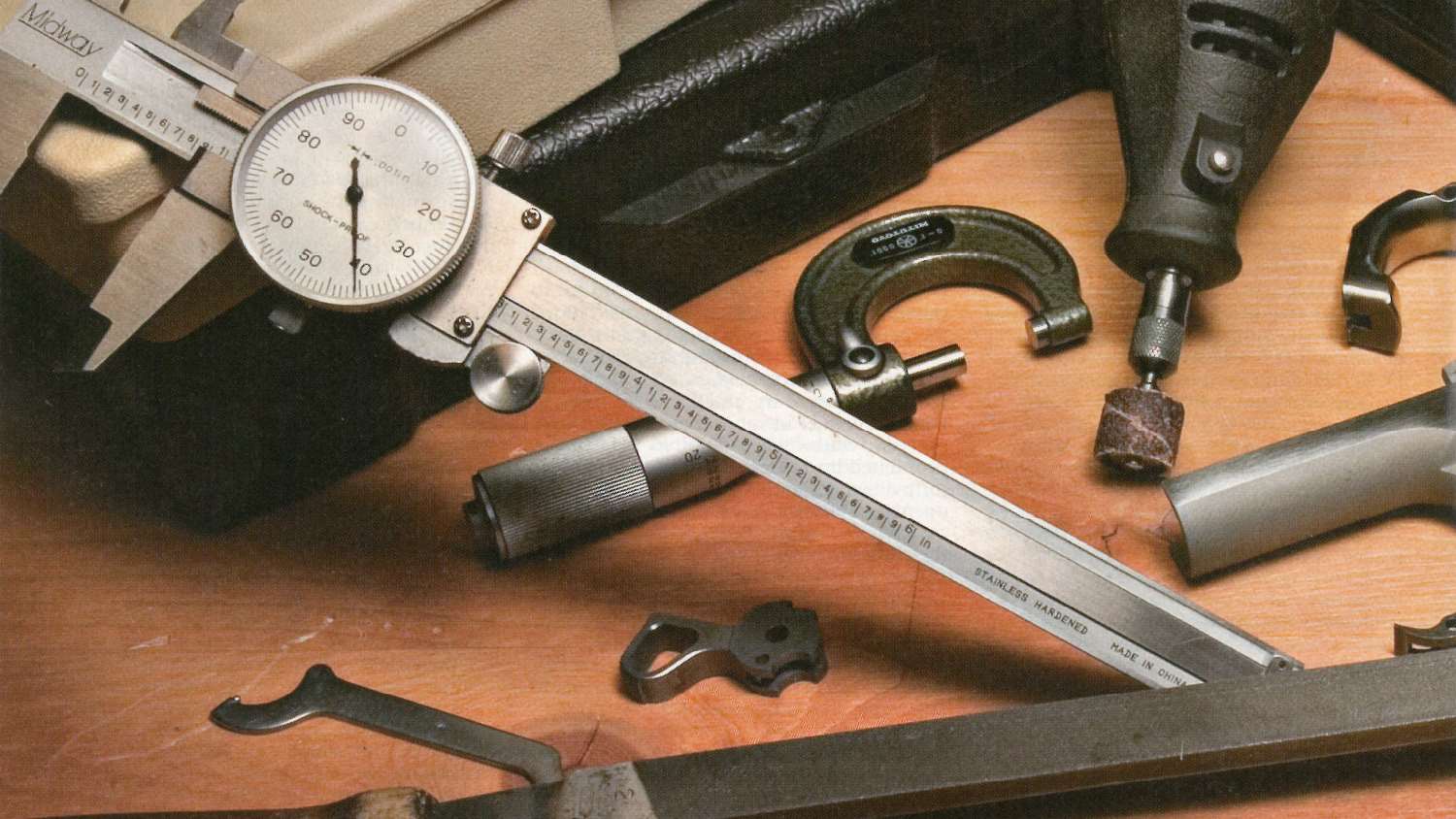
Ask about price and delivery time. Again, the more specific you can be about your needs, the more precise an estimate the gunsmith can generate. Be sure to get a written estimate of the total cost as well as a rough completion date. Any reputable 'smith will do their best to stick to both, provided you don't make major changes to the order in the interim. Be prepared to concede a little wiggle room in both price and time, as some of the parts the gunsmith must buy for your job may have increased in price, or a third-party vendor, such as a plater, may hold up the job.
You should also get more than one price quote, from more than one 'smith. Don't be surprised if the quote from a name gunsmith is higher than that form a relative unknown; then again, don't be surprised if it isn't. I've seen lots of other gunsmiths' price lists, and frankly, they can be all over the map. Often there's no pattern—no one shop has consistently higher prices across the board. For the sake of comparison, each edition of the Brownells Catalog contains a shop price-range survey for many typical jobs.
Decisions, Decisions
Okay, you're almost there. You've narrowed the candidates for your job down to two: a nationally known 'smith three states away and a relative unknown in your area who is, nontheless, highly recommended by several folks in your gun club. Their quotes are so close that for all practical purposes they're the same. Who do you choose? Well, as much as I encourage folks to support up-and-coming gunsmiths, I'd have to recommend the name gunsmith, for several reasons. First and foremost, the odds are that a gun mechanic with a national reputation for building, say, top-notch benchrest rifles, has well earned that reputation. For years, his or her guns have been proven in national competition and have been endorsed by the most demanding accuracy shooters in the world. Such a 'smith is much more of a known quantity than the lesser-known local counterpart, has more of a reputation to uphold, and has probably been doing gun work longer.
Another factor is the resale value of the modified firearm. In general, you'll find it a lot easier to sell a 1911 pistol custom 'smithed by Les Baer, Ed Brown or Bill Wilson, than one done by the unknown, but equally talented, John Doe. While most people buying and selling guns can't distinguish between good and great gunsmithing, they all know who the great gunsmiths are.
Having said all this, I admit that if the lesser-known local 'smiths price quote was substantially lower, I might be tempted to give him or her the job. It would be a risk, but one that might be worth taking.
As a final word, let me say that I believe the vast majority of gunsmiths to be honest and conscientious. They take too much pride in their work to knowingly give a customer a second-rate job. If you exercise reasonable prudence in finding a 'smith whose skills match your needs, the odds are you will be happy with the result.





